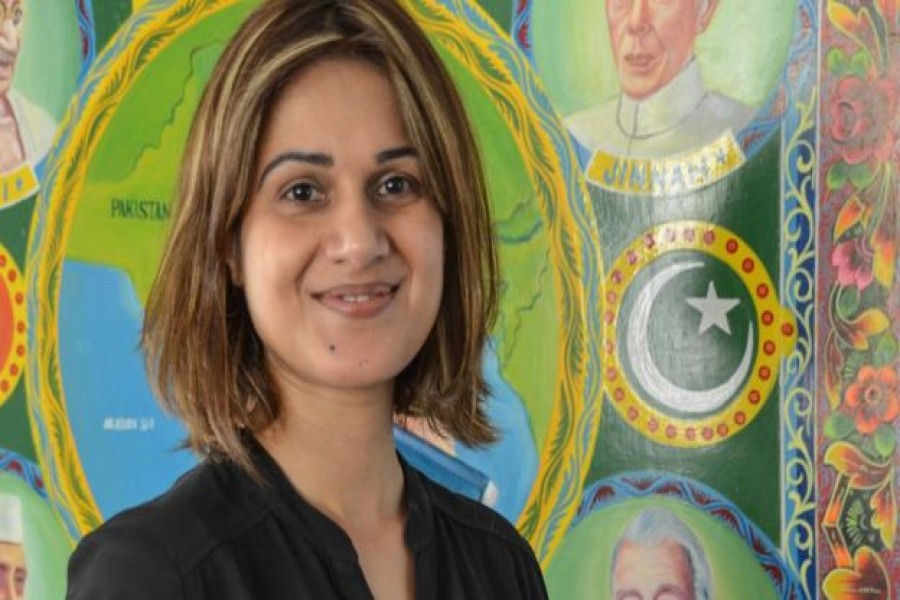
Published :
Updated :

As Pakistan and India turn 70, those who were there for the birth of the two nations are getting old. At least two civil groups are racing against time to document as much of their oral history as possible for future generations.
At a government-run school inside the historical Walled City of Lahore, a teacher lectures a class of 14-year-olds on the creation of Pakistan.

This is a caption This is a caption This is a caption This is a caption This is a caption
Syed Afzal Haider, a retired judge, was 16 at the time. He recalls the scene outside the Lahore Railway Station.
"Nobody was on the road except for the army and the police officers. I found members of different communities, Muslims, Hindus and Sikhs, stabbed, lying on the street, and the stray dogs moving among them," he said.
"That was a very pitiable situation that human corpses are being treated like this by the animals."
Syed Afzal Haider, a retired judge, was 16 at the time. He recalls the scene outside the Lahore Railway Station.

"Nobody was on the road except for the army and the police officers. I found members of different communities, Muslims, Hindus and Sikhs, stabbed, lying on the street, and the stray dogs moving among them," he said.
"That was a very pitiable situation that human corpses are being treated like this by the animals."
"Muslims were the rulers of this land, but they lost power to the British. They were then oppressed by both the British and the Hindus," Allah Rakha tells his class of 30 or so students.
"Hindus and Muslims are like fire and water. Their lifestyles and belief systems are totally incompatible," he says.
To illustrate his point, he comes up with an example: "Hindus rinse themselves in cow urine because they consider it sacred. For us, that is disgusting. For us, a cow is a Halal animal.
"So when the British were being driven out of India, Muslims said: 'We cannot be left at the mercy of the vile Hindu majority'. They said: 'We are two different nations and we need two separate countries'."
Allah Rakha has been teaching this officially approved version of history for well over 30 years. He gets particularly animated when he talks about the mass violence and chaos at the time of India's Partition in 1947.
"Muslims were raped and killed by Hindus. They were driven out of their homes. Their babies were thrown in rivers of blood," he tells his captivated young audience.
A product of Pakistan's government education system, Allah Rakha firmly buys into the religiously inspired one-sided official narrative. It paints Muslims as victims and a Hindu-dominated India as their existential enemy, then and now.
Schoolchildren in Pakistan are generally discouraged, even punished, for asking questions.
And so, in all these years, it has never occurred to Allah Rakha that as a small part of the state's distorted security paradigm, he may have been doing a great disservice to young Pakistanis by sowing the seeds of religious hatred in their impressionable minds.
To be clear, there was plenty of religious violence in 1947. But it wasn't one-sided. Muslims were victims but they were also perpetrators of killings and lootings of Sikhs and Hindus. All three major communities were guilty of appalling atrocities.
Syed Afzal Haider, a retired judge, was 16 at the time. He recalls the scene outside the Lahore Railway Station.
"Nobody was on the road except for the army and the police officers. I found members of different communities, Muslims, Hindus and Sikhs, stabbed, lying on the street, and the stray dogs moving among them," he said.
"That was a very pitiable situation that human corpses are being treated like this by the animals."


 For all latest news, follow The Financial Express Google News channel.
For all latest news, follow The Financial Express Google News channel.